Snake Mouth Anatomy
Nonvenomous snakes have four rows of upper teeth. Snakes like all reptiles other than crocodilians do not have a hard palate.
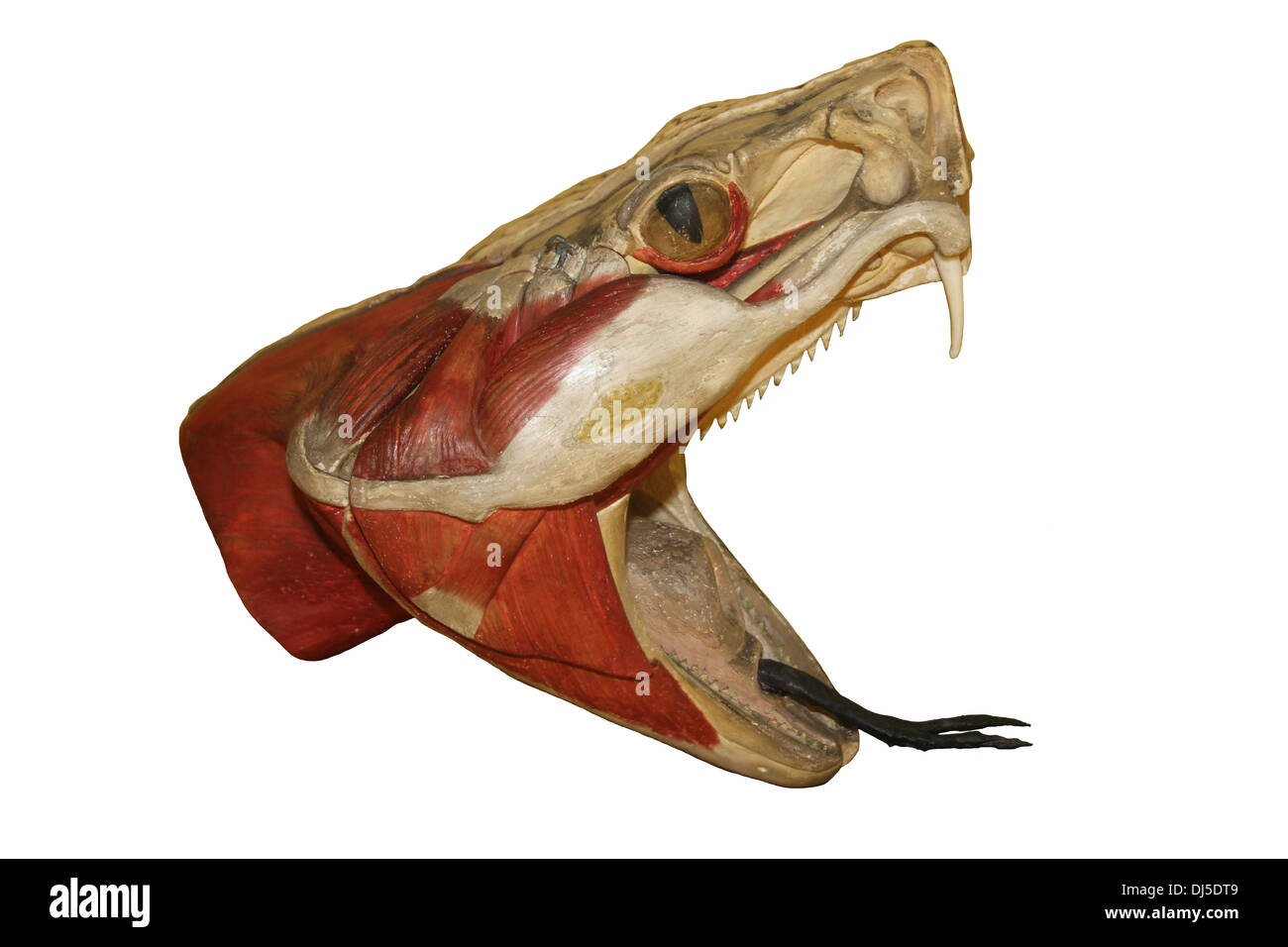 Anatomical Model Of A Snake Head Stock Photo 62815545 Alamy
Anatomical Model Of A Snake Head Stock Photo 62815545 Alamy
The cottonmouth snake agkistrodon piscivorus is also known as the water moccasin the black moccasin and the black snake.

Snake mouth anatomy. They smell by using their forked tongues to collect airborne particles then passing them to the vomeronasal organ or jacobsons organ in the mouth for examination. The function of undifferentiated teeth is to draw food items into the mouth rather than to chew. The nostrils are paired and open into the roof of the mouth.
This is guarded by the glottis. Unlike what mammals have the reptile glottis is always closed forming a vertical slit unless the snake takes a breath. Snake respiratory system anatomy respiratory system snakes have a small opening just behind the tongue called the glottis which opens into the trachea or windpipe.
When the mouth is closed the internal nostrils are positioned directly above the entrance to the trachea. Also the bones of the lower jaw are not fused together at the front which means they can move laterally when the snake is swallowing large prey. Snakes teeth line the inner surfaces of the upper and lower jawbones maxilla and mandible respectively.
One is attached to each mandible. Only two rows are on the lower jaw. Snakes use smell to track their prey.
Lizards differ from snakes anatomically by having their two lower jawbones fused together while the lower jawbones of the snake are connected by a flexible band of tough tissue that enables the two bones to articulate separately. The joint of the upper and lower jaws is placed very posterior far back in the skull allowing the mouth to open as wide as possible. Teeth continue to be replaced throughout life including the fangs.
The organs in the snake body are necessarily elongated to fit within the narrow confines of its body cavity. The cottonmouth snake has been considered aggressive however studies have shown that this is not necessarily true. The name cottonmouth comes from the fact that its mouth looks like cotton when it is open.
The fork in the tongue gives snakes a sort of directional sense of smell and taste simultaneously. Check out the clipartme free snake mouth anatomy collection now. View thousands of free snake mouth anatomy clip art that you can download without any purchase required.
Two rows attached to the maxillary outer bones and two rows attached to the palatine and pterygoid inner bones. Called a pterygoid walk the king snake opened up its jaw and alternately ratcheted toothy parts of its upper jaw over the surface of the prey in turn walking its mouth over and around the prey. Some species of snake have virtually no teeth while others have very highly developed teeth.
 Check Out Our Professionally Designed And World Class
Check Out Our Professionally Designed And World Class
 Biting Off More Than They Can Chew How Snakes Swallow Large
Biting Off More Than They Can Chew How Snakes Swallow Large
Comparative Vertebrate Anatomy Lecture Notes 7
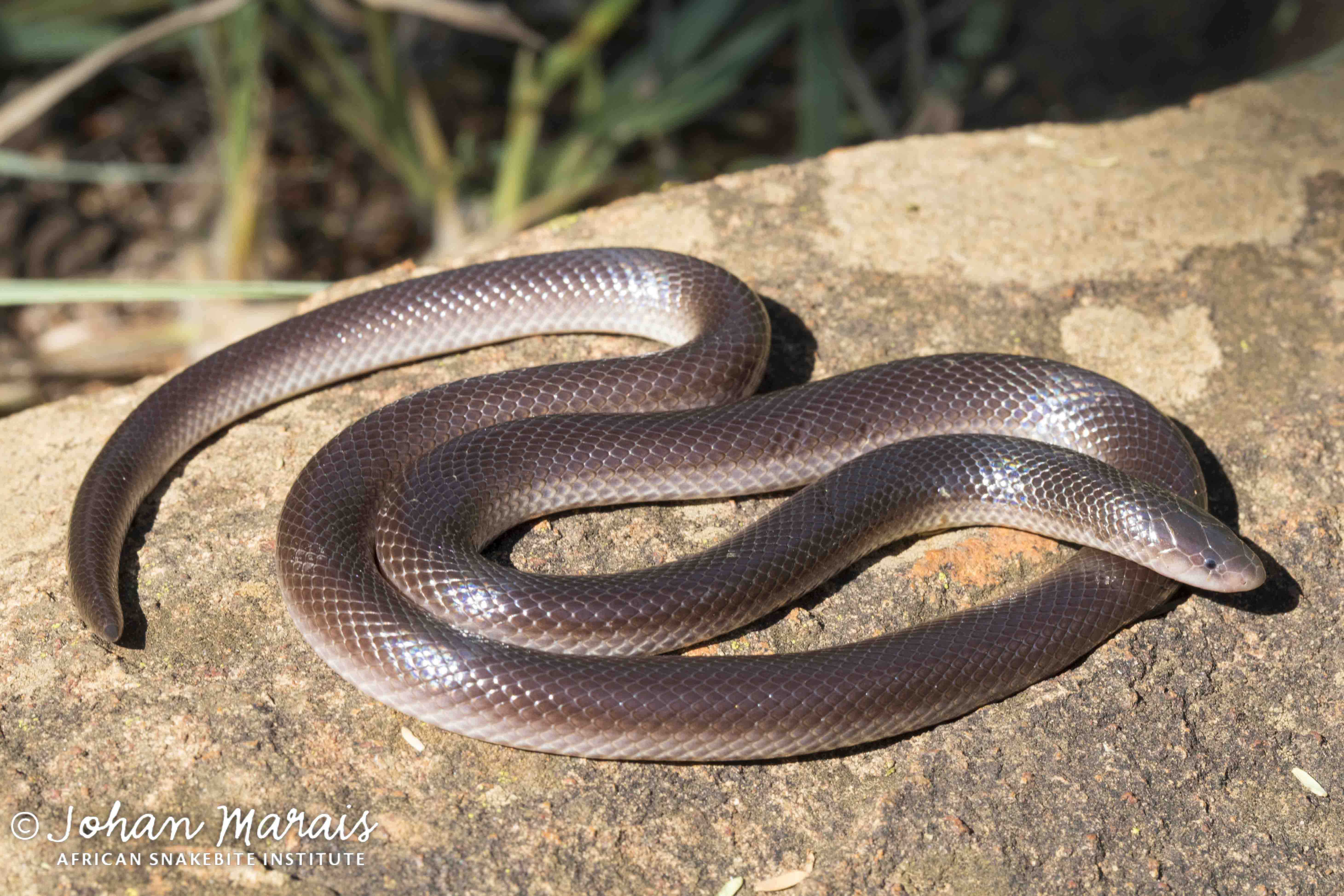 Beware Of The Stiletto Snake African Snakebite Institute
Beware Of The Stiletto Snake African Snakebite Institute
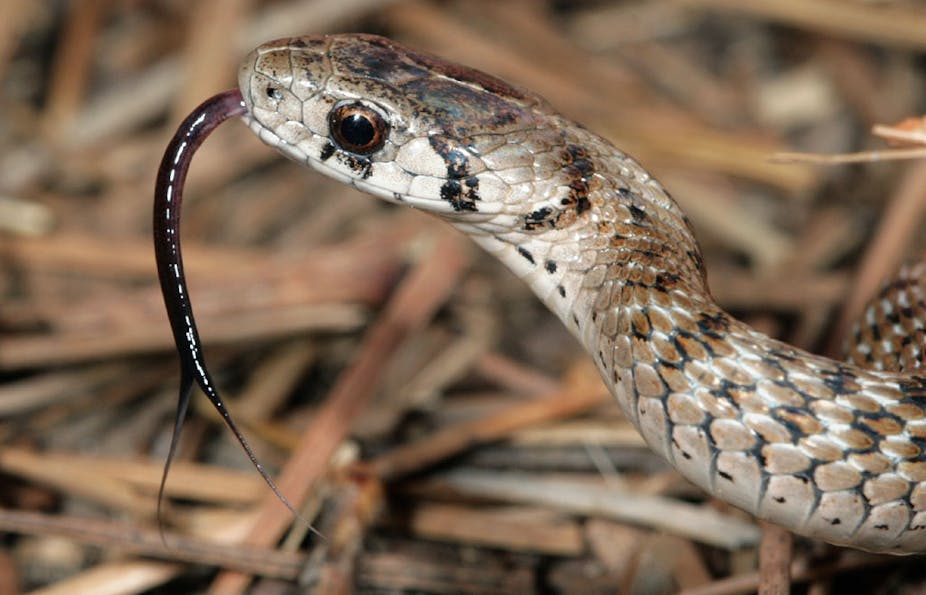 Explainer Why Do Snakes Flick Their Tongues
Explainer Why Do Snakes Flick Their Tongues
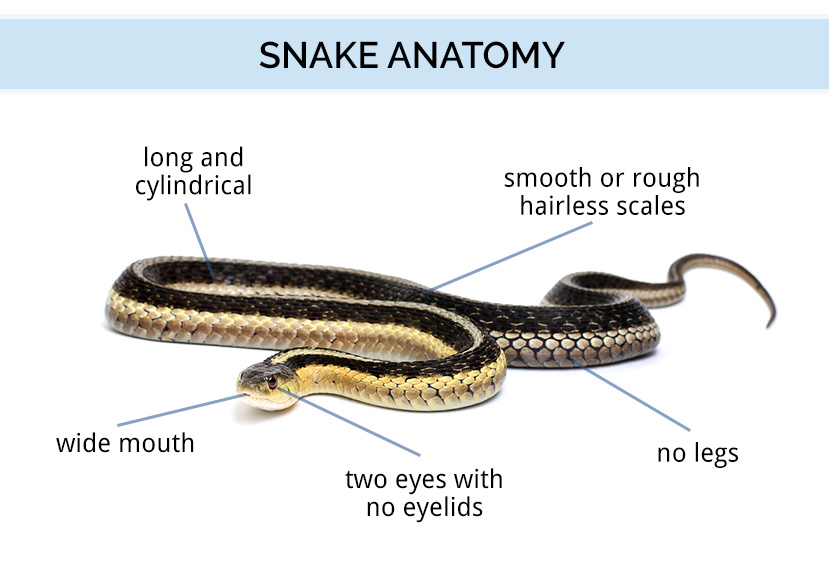 Snake Identification Anatomy Life Cycle Types Of Snakes
Snake Identification Anatomy Life Cycle Types Of Snakes
 Snakes Advanced Ck 12 Foundation
Snakes Advanced Ck 12 Foundation
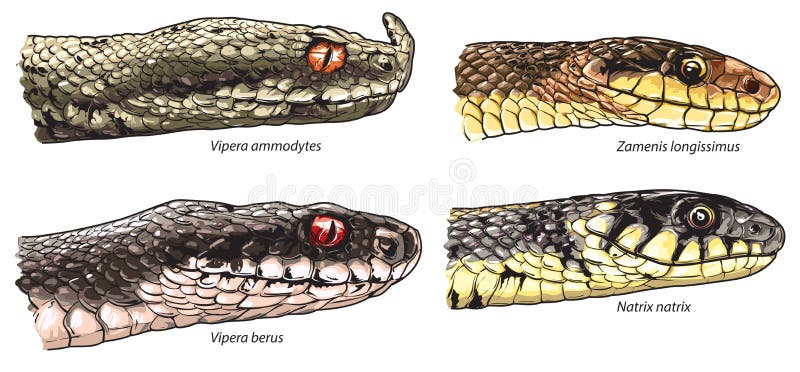 Snake Anatomy Stock Illustrations 192 Snake Anatomy Stock
Snake Anatomy Stock Illustrations 192 Snake Anatomy Stock
 New Fossils Unlock Evolutionary Secrets Of Two Legged Snakes
New Fossils Unlock Evolutionary Secrets Of Two Legged Snakes
 Snake Digestive System Wikivet English
Snake Digestive System Wikivet English
 Venomous Viperidae Or Viper Snake Cut Plastic Model With
Venomous Viperidae Or Viper Snake Cut Plastic Model With
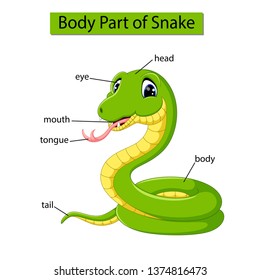 Snake Mouth Anatomy Images Stock Photos Vectors
Snake Mouth Anatomy Images Stock Photos Vectors
 Life Is Short But Snakes Are Long Basics Of Snake Fangs
Life Is Short But Snakes Are Long Basics Of Snake Fangs
 In Photos Anatomy Of A Black Mamba How It Works Earth
In Photos Anatomy Of A Black Mamba How It Works Earth
 How Do Snakes Swallow Big Things
How Do Snakes Swallow Big Things
The Fascinating Cobra Anatomy Cobras Org
 Somso Anatomy Of The Head Of A Venomous Snake
Somso Anatomy Of The Head Of A Venomous Snake
 Inside Of Snake S Mouth Vagina Thinkoutsidethebox
Inside Of Snake S Mouth Vagina Thinkoutsidethebox
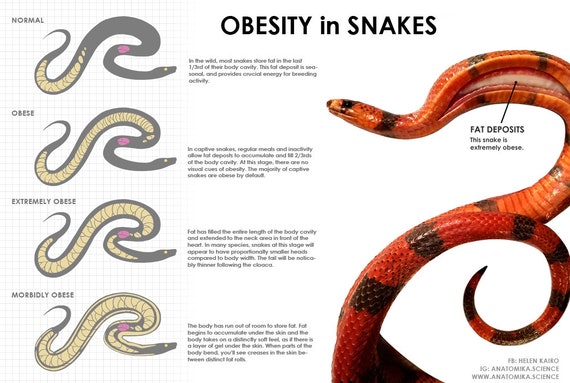 Snake Obesity Anatomy Veterinary Poster
Snake Obesity Anatomy Veterinary Poster
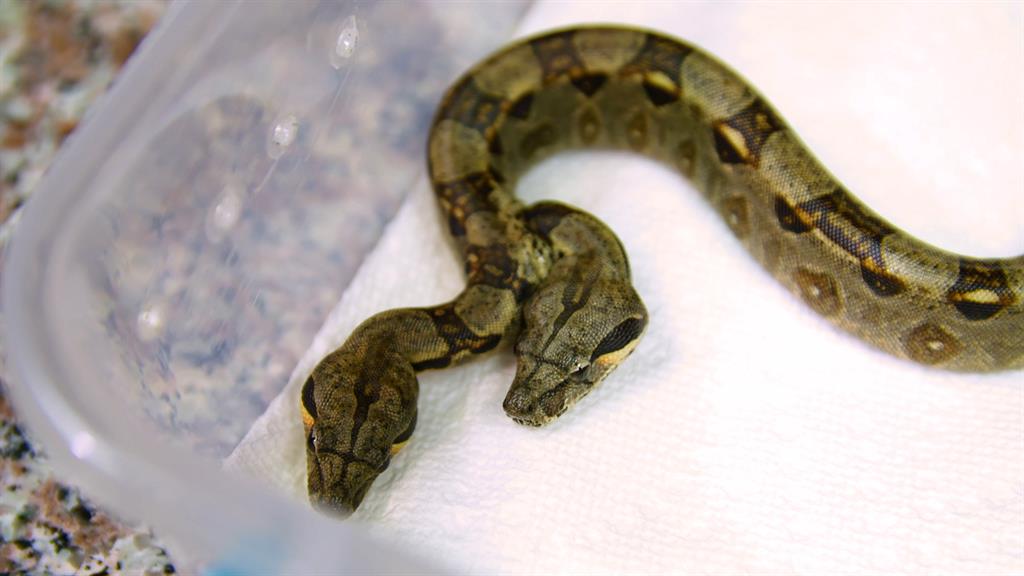 Rare Two Headed Snake Surprises Vets
Rare Two Headed Snake Surprises Vets
 Cottonmouth Snakes Facts Venom Habitat Information
Cottonmouth Snakes Facts Venom Habitat Information
 In Photos Anatomy Of A Black Mamba How It Works Earth
In Photos Anatomy Of A Black Mamba How It Works Earth

Belum ada Komentar untuk "Snake Mouth Anatomy"
Posting Komentar